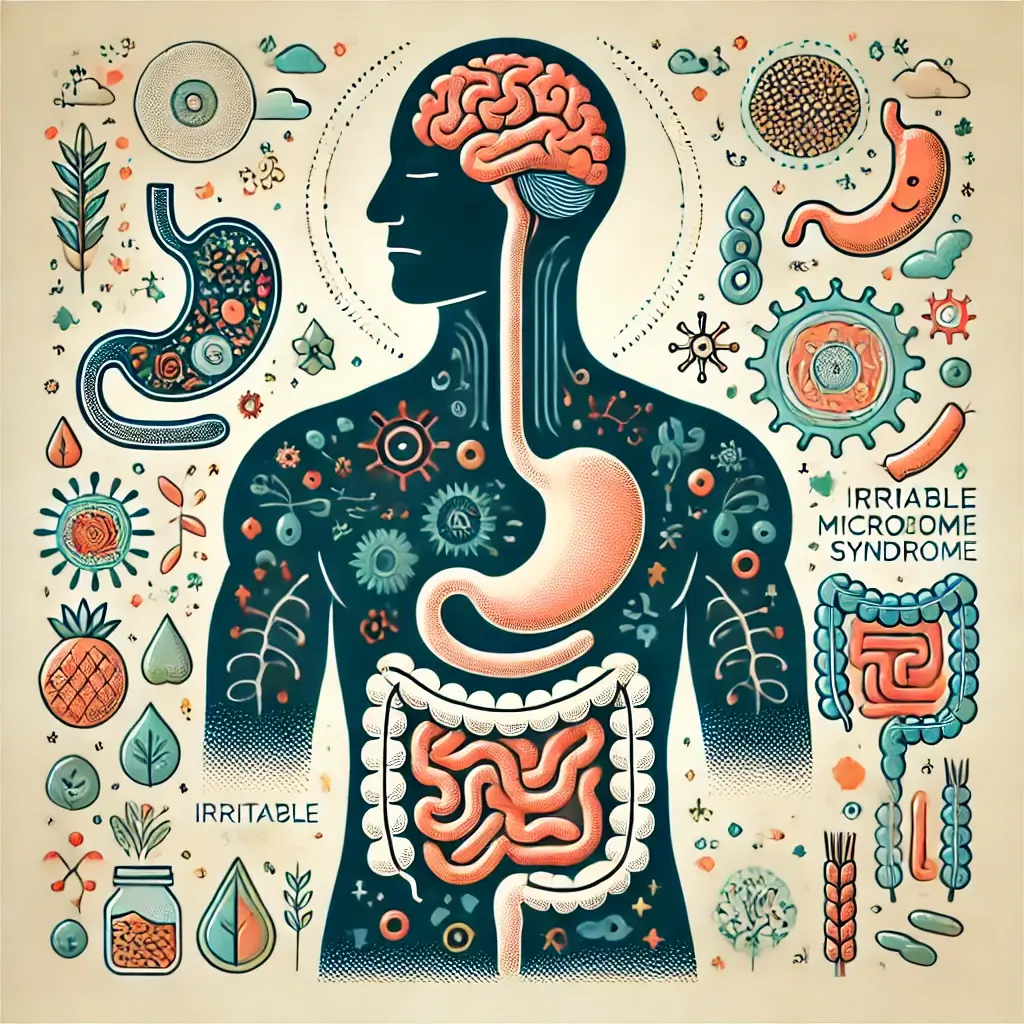Turmeric for Gut Health: Anti-Inflammatory Healing Power
Unlocking the Gut-Health Puzzle: Why It Matters More Than Ever
Gut health is increasingly recognized as a cornerstone of overall well-being. It influences not just digestion, but also immune function, mental clarity, and even mood. The gastrointestinal tract is home to trillions of microbes that form what is known as the gut microbiome. This complex system plays a vital role in how the body processes nutrients, defends against pathogens, and maintains internal balance. In today’s fast-paced world, where processed foods, stress, and environmental toxins are ever-present, maintaining gut health can be challenging. As a result, more people are turning to natural remedies with centuries of historical use and growing scientific validation.
One such superfood that has emerged as a powerful ally in supporting gut health is turmeric. This golden-yellow spice, derived from the root of the Curcuma longa plant, has been used for over 4,000 years in Ayurvedic and traditional Chinese medicine for its medicinal qualities. Its key active compound, curcumin, is celebrated for its potent anti-inflammatory, antioxidant, antimicrobial, and anticancer properties—all of which are beneficial to the digestive system.
Chronic inflammation is often a root cause of many gastrointestinal disorders, including irritable bowel syndrome (IBS), inflammatory bowel disease (IBD), leaky gut syndrome, and gastritis. Turmeric’s anti-inflammatory effect, powered by curcumin, helps mitigate these issues by modulating inflammatory pathways. Moreover, emerging research suggests that turmeric supports beneficial gut bacteria and may help maintain the integrity of the intestinal lining, which is crucial in preventing permeability and systemic inflammation.
What makes turmeric especially appealing is its natural origin and low side-effect profile compared to over-the-counter or prescription anti-inflammatories. For health-conscious individuals seeking plant-based and holistic approaches to wellness, turmeric offers a compelling option backed by tradition and science.
In this article, we’ll explore the anti-inflammatory healing power of turmeric, highlighting recent studies that validate its effectiveness in supporting gut health. Whether you’re managing a chronic digestive issue or simply aiming to optimize your wellness, incorporating turmeric into your routine could offer transformative benefits.
Backed by Science: How Turmeric Truly Transforms Gut Health
A robust body of research has begun to confirm what traditional medicine has advocated for centuries: turmeric, and specifically its primary active ingredient curcumin, has significant benefits for gastrointestinal health.
A landmark review published in the journal *Foods* in 2022 examined multiple clinical and preclinical studies on the effects of curcumin on gastrointestinal disorders (1). The review highlighted the anti-inflammatory and antioxidant properties of curcumin. In models of inflammatory bowel disease (IBD), including both Crohn’s disease and ulcerative colitis, curcumin supplementation led to reduced inflammation, improved mucosal healing, and an overall decrease in disease activity.
Furthermore, according to a 2020 clinical trial in the *Journal of Clinical Medicine*, curcumin supplementation significantly reduced symptoms in patients with irritable bowel syndrome (IBS) compared to placebo (2). Participants reported improvements in abdominal pain, bloating, and enhanced quality of life after eight weeks of supplementation, highlighting curcumin’s potential as a non-pharmacological intervention.
Curcumin’s benefits also extend to gut microbiota. A study published in *Frontiers in Microbiology* in 2019 found that curcumin could alter the composition of the gut microbiota in a beneficial way (3). The researchers observed an increase in the abundance of beneficial bacteria such as Bifidobacteria and Lactobacilli, and a decrease in potentially harmful strains. These microbial shifts may contribute to improved digestive function and a better immune response.
Turmeric’s influence on the gut lining is another vital point. The intestinal barrier plays a key role in preventing leaky gut syndrome, a condition where toxins and bacteria leak into the bloodstream due to increased intestinal permeability. According to research published in the *Journal of Medicinal Food* in 2016, curcumin helps strengthen tight junctions within the epithelial lining of the gut, thereby safeguarding the barrier integrity against external insults (4).
However, it’s worth noting that curcumin has low natural bioavailability. To enhance absorption, it is often paired with piperine (from black pepper) or formulated as liposomal curcumin in supplements. These enhancements dramatically increase the bioactive potential of curcumin, making it far more effective in therapeutic use.
While more large-scale clinical studies are needed to perfect dosage and treatment protocols, the existing research strongly supports turmeric’s role as a powerful tool in gut health management.
Golden Takeaway: Why Turmeric Deserves a Spot in Your Wellness Routine
Turmeric, long revered in traditional medicine, is increasingly validated by modern science for its profound impact on gut health. Its anti-inflammatory, antioxidant, microbiome-balancing, and gut-lining-supporting benefits make it a holistic and natural therapeutic option. From alleviating symptoms of IBS and IBD to strengthening the gut barrier and promoting beneficial bacteria, turmeric—especially its active compound curcumin—offers a powerful, low-risk strategy for those seeking to restore and maintain digestive wellness.
Adding turmeric to your daily routine, whether through food, tea, or supplementation (preferably combined with black pepper), can be a simple yet impactful step toward achieving optimal gut health.
Summary:
Turmeric, a golden-yellow spice with powerful anti-inflammatory and antioxidant properties, has emerged as a natural remedy for supporting gut health. Its active compound, curcumin, has been shown to alleviate symptoms of IBS and IBD, balance the gut microbiome, and strengthen the intestinal barrier. With a low side-effect profile and centuries of traditional use, turmeric offers a compelling holistic approach for those seeking to optimize their digestive wellness.

Dominic E. is a passionate filmmaker navigating the exciting intersection of art and science. By day, he delves into the complexities of the human body as a full-time medical writer, meticulously translating intricate medical concepts into accessible and engaging narratives. By night, he explores the boundless realm of cinematic storytelling, crafting narratives that evoke emotion and challenge perspectives.
Film Student and Full-time Medical Writer for ContentVendor.com




